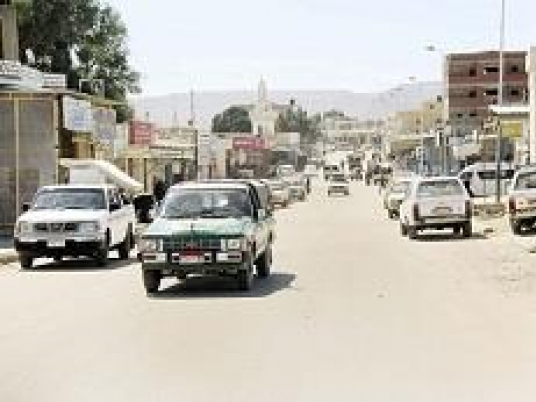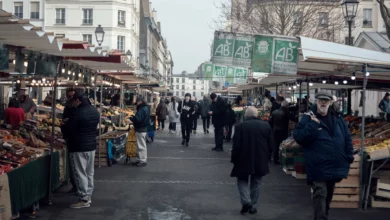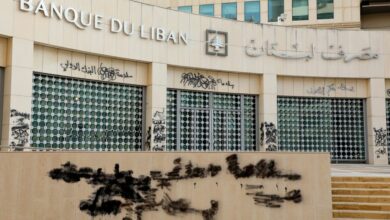
Since the closing of the Salloum Crossing between Egypt and Libya, Salloum City has nearly become a ghost town. Citizens are currently suffering from a trade recession after communication between the locals and their Libyan relatives was severed.
Salloum City local, Amm Salah Mansour, has sons who live in Tobruk, Libya. They have told him that IS militants control Tobruk, Sirte and Tripoli, and rumors are circulating about the group setting up ambushes on the roads and slaughtering men in front of their children.
"We used to watch these scenes in movies only. We never heard of them actually happening," said Mansour.
Mansour, who is a non-political Salafi, believes that violence has harmed both Egyptians and Libyans. He contends that closing the Salloum Crossing has seriously affected trade.
All along this road, which parallels the Mediterranean Sea, herbs, fruit, like figs and olives, as well as vegetables are grown. Mansour said he was cultivating land there a few months ago, but the government took it away from him as he could not officially prove it was his.
The Salloum City resident has called on the government to provide irrigation water for Salloum in order for its people to cultivate the land.
Families forcefully separated
Many residents on both sides of the border have the same tribal lineage and have been trading together for years. "Tribes here and there are the same. Nothing separates us except the border created by the two countries," says local resident Moneim Suleiman Moftah. "And now, there is no connection between us and them, despite family bonds."
"The international road is now empty, except for a few pickup trucks that are not allowed to spend more than two days in Libya," Moftah added.
Last year, the army issued a ban on traveling to Libya, unless people were able to coordinate with Libyan forces ahead of time. Moftah was subsequently refused entry to Masaed City, the first city in Libya after the Salloum border crossing.
"I went with my cousins to attend the funeral of a relative, but we were not allowed to cross to Libya due to security problems there," he said.
Moftah, like Mansour, also laments the economic impact the border closing has had on residents.
"Cutting communication between us and our relatives is not the only problem. Trade was killed by the continued closure of the crossing. We used to go to Libya to buy food supplies and fuel when a crisis occurred here," Moftah mentioned.
Moftah does not expect the crossing to be opened anytime in the near future, indicating that the situation has been critical since the 17 February 2011 revolution against late Libyan leader Muammar al-Gaddafi.
Edited translation from Al-Masry Al-Youm




